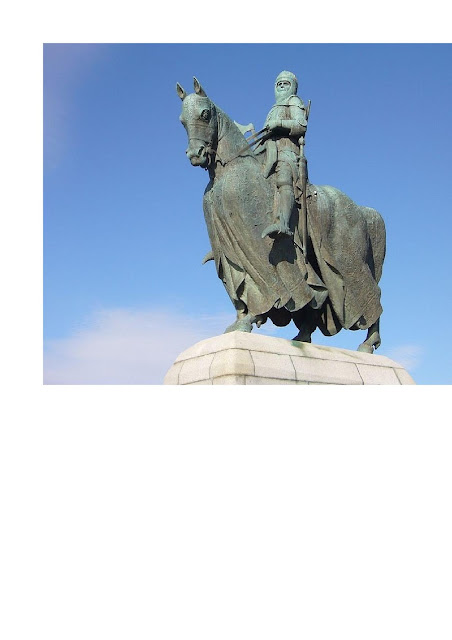"So like the last bit green in artists' paint pots ..."

So like that last bit green in artists' paint-pots
are these here leaves, dry and coarse and raw
behind the flowers' umbels, whose blueness
isn't from the petals but's reflected from afar.
Reflected inexact and washed with tears
as if it wants to lose it in its turn,
and like in writing paper, old and blue
violet is in them, and grey and yellow too.
Washed out as if from out a child's apron
with which nothing more will happen, no longer worn:
how we feel the shortness of one small life.
But suddenly, the blue seems to renew
itself among the umbels, and then you see
a touching blueness cheer before the green.
I know that with my choice of those 'umbels' I'll be making no friends for myself, particularly amongst the anti-elitism brigade. Screwed-up my chances of getting on an A-Level Comparative Literature course, haven't I? Like, W.T.F's an umbel? Rilke chooses the word 'Dolden' in line 3 & 13 of the original. While this is definitely more frequently used German lexis today than umbel is in English, it is also a word that sounds simultaneously clumsy & beautiful in the mouth, at least to non-native German speakers, & I wanted to capture that clumsy prettiness in the translation. 'Blossom' wouldn't do this, & hydrangeas when in blossom are past the stage of having 'buds', so ... umbels it had to be, a word I didn't know until today. The OED defines an umbel as, "a flower cluster like that of cow-parsley with stalks springing from a common centre to form a flat or curved surface.'' Cow-parsley is one of those wild flowers I've often seen on walks, but never known the name of.
And here's the blue hydrangea from our back garden:
Why does the OED use cow-parsley as an example to help the reader understand what an umbel is, and not hydrangeas? Reflecting on that OED umbel definition, I'm thinking it's not too good: I'm not really seeing what cow-parsley shares in terms of form with a hydrangea. Have other recent translators of the New Poems avoided the umbelliferous trap all together when translating Blue Hydrangea? Rilke translations are a world unto themself, almost as complex as umbels -- which good ones have you read? - please post me! -- but for a full book trans. of the New Poems, you could go for:
* Joe Cardora's forthcoming translation, pub. by Copper Canyon Press, out November of this year.
There are however outstanding translations out now that you can get from the Scottish Poetry Library -- anyone else out there like me enjoying the wonderful European loan service -- or which you can buy. More on this most hottest of topics soon.


